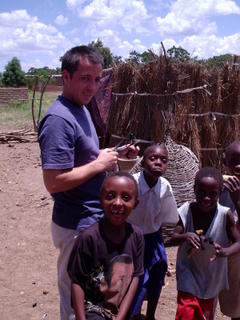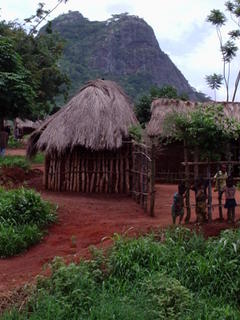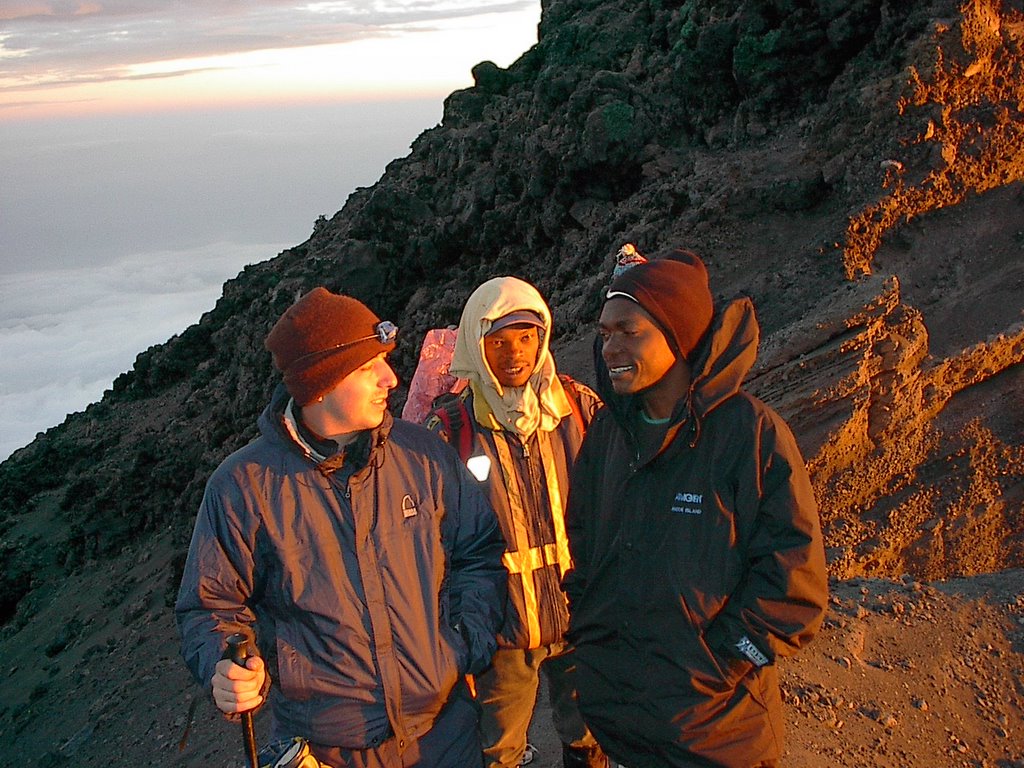Thursday, July 28, 2005
Of
Dennis Tessier
Drafted on February 24, 2005

Whereas life is intended to be lived in a just, harmonious and sustainable manner;
AND
Ones existence is not to be taken for granted or diluted by inaction;
AND
In recognition that nothing in life is possible or worthwhile without a strong foundation provided by friends and family and ones duty to them.
Part One
On Life & Attitude
Life is a pretty precious and wonderful thing,
You can’t sit down and let it lap around you…
You have to plunge into it, you have to dive through it,
you can’t save it, you can’t horde it into a vault.
You have to use it, the more you use it the more of it you have. That is the miracle of life.
II. Attitude is a reflection of ones emotions and ultimately ones control, or lack of control, over those emotions. Therefore, ones attitude must be the result of a balance between the energy of ones heart and the wisdom of ones mind.
III. One is remembered according to their attitude towards others, whether it is measured from a single encounter or a lifetime of encounters.
IV. The only way to truly measure the quality of ones attitude is to count the number of people who come to their funeral.
Part Two
On Ambitions
A vision without action is just a dream;
An action without vision just passes time;
A vision with an action changes the world.
III. Dreams are born, lived and put to rest within ones mind. They exist in no other place.
V. One should strive to have their dreams become goals and for goals not to become dreams.
VIII. Although the name “Dennis” is derived from the Greek God “Dionysious.” meaning god of wine, inebriation and therefore of the dream world, one must not be judged by their name. Rather, they should be judged by their actions, or in other words, the goals they achieve.
Part Three
On Education
I. Education is the foundation of all development – individual, societal and inter-societal.
III. The quality of any relationship is the direct result of the collective education of the parties involved.
IV. Education takes many forms, of which no one can be judged superior to the other. The quality of the teacher and the quality of the student is what should be judged.
V. Learn as if you were to live forever and share what you have learned in case you die tomorrow.
Part Four
On Love
I. It is better to have loved and lost than to have never loved at all.
II. Love as if you were going to die tomorrow, and then when you do die you will be surrounded by the ones you love.
Dennis Tessier
March 1st, 2005
Wednesday, July 27, 2005
Freedom Fighter or Farmer?

The first question you must ask when you read my blog is, “what do I mean by ‘freedom farmer’?” To answer this question I must talk about the difference between a fighter and a farmer.
I have always had issues with the term, “freedom fighter.” Freedom FIGHTER implies destruction, whether it is the physical destruction of other human beings, their ideas, their property or their environment. Looking at the “freedom fighter” from this perspective, one realizes that in order for one attain freedom; they must sacrifice the freedom of another. This only creates a cycle of conflict, suspicion and uncertainty that is the very poison of freedom.
The image of a FARMER is much more compatible with freedom. The farmer shares the tears, the sweat, the blood and the sacrifice of the fighter, but without the destruction. Rather, a farmer brings freedom to him/herself, while also sowing the seeds for others to have freedom. Nobody fears a farmer, or suspects a farmer of ill intent, nor does anybody question the work of a farmer. People respect farmers for their hard work and their understanding of the land and the food that nourishes us all. People listen to farmers, because without farmers, we would starve. In turn, farmers listen to us because we are the markets for their products.
Now that we have established the difference between a fighter and a farmer, we must now ask ourselves what we mean by “freedom”? Some may say that freedom is the absence of fear and oppression and therefore ones ability to make decisions for one-self. Others may say that freedom is the absence of everything. Janis Joplin did say, “freedom is just another word for nothing else to lose.” Perhaps freedom is a state of mind, or a state of being…a contentedness that resides deep in ones soul. I personally believe that if one feels free, they are free, and that cannot be measured in any empirical sense.
I view Gandhi to embody the trueness of a “freedom farmer.” Gandhi sought to bring freedom to his people not by destroying the British, but by challenging their perceived reality, thus sowing the seeds of their own freedom as well. These seeds of freedom were planted as education for both Indians and the British. From education came respect and from respect came cooperation and from cooperation came dignity and prosperity. I cannot say that Gandhi “freed” his people, but I can say that he taught us all how to be free.
